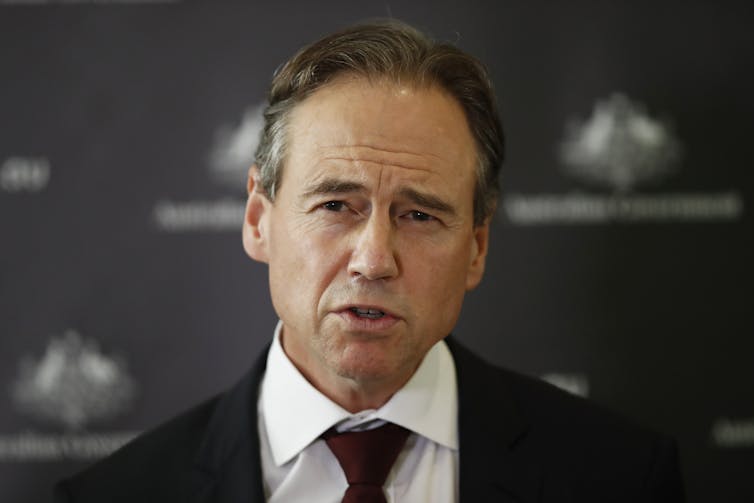
Last week, the Australian government announced it will provide ten extra Medicare-subsidised psychological therapy sessions for Australians in lockdown areas due to COVID-19.
In such a stressful time, many people are experiencing poorer mental health, and some need additional support. However, our mental health system is complex and fragmented, so it can be challenging to find the care you need.
Here’s how to start seeing a therapist if you never have before.
But to get access to these sessions, first you need to get a mental health treatment plan from your GP. This involves an assessment of your physical and mental health, and a discussion of your particular needs. The GP then helps you decide what services you need.
All GPs who write mental health treatment plans have undergone additional training in mental health. There are also plenty of GPs with further interest and expertise in this area. It can be helpful to ask for recommendations from friends and family if you are unsure who to see.

Physical and mental health issues frequently overlap, so a visit to a GP is an opportunity to assess any physical issues that may impact mental health as well. The GP should explore a person’s strengths and vulnerabilities, before agreeing on a plan for care.
Generally, this process takes 30-40 minutes, so it’s important to book a longer consultation with your doctor. At the end of this consultation, you can have a copy of the plan, and it’s also sent to the therapist of your choice. Once the mental health plan is billed to Medicare, you can get subsidised sessions with your preferred therapist. You will need to make the appointment with the therapist, but GPs or practice nurses will often help make this appointment for patients who are feeling too unwell to manage this phone call.
Using telehealth
Telehealth enables you to get care from your GP by phone or video. The Medicare requirements of telehealth are changing rapidly, so check when you make your appointment to see if telehealth is available and to make sure you will be eligible for a Medicare rebate for this consultation.
At the moment, to get a Medicare rebate for telehealth, you must have seen the GP in their practice face-to-face at some point in the past 12 months.
But this requirement doesn’t apply to:
So if you live under the Victorian lockdowns, you can get a mental health care plan via telehealth, even if you have not seen the GP before.
Once you’ve got your care plan, you can do the therapy sessions via telehealth too. And you can now claim them under Medicare (though this wasn’t the case before COVID-19).
This story was originally published on The Conversation by General practitioner; Clinical Associate Professor, ANU Medical School, Australian National University
Below is a list of organisations you can reach out to for support, or access information online.
Beyond Blue – mental health professionals are available 24/7 via phone, webchat (3pm – 12am AEST) and email (responses within 24 hours).
Phoenix Australia – visit the website for information on post-traumatic stress disorder and anxiety management, specifically for those in the healthcare industry during the coronavirus.
Black Dog Institute – visit the website for information on symptoms, treatment, prevention and new research on different mental health conditions.
Headspace – counselling is available online, via phone or at Headspace centres for those up to 25 years of age.
Head to Head Health – access mental health care services via phone, as well as resources and online programs.
National Dementia Helpline – 1800 100 500 – provides information plus emotional support and guidance to people living with dementia, people concerned about changes to memory and thinking, people living with Mild Cognitive Impairment (MCI), family, friends and carers of people living with dementia and people who work in health and aged care